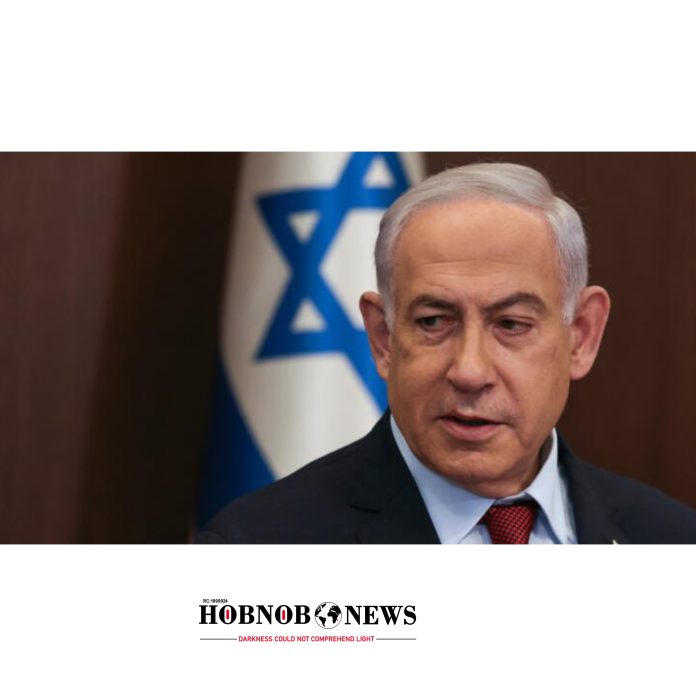The Israeli cabinet is expected to approve a ceasefire agreement in Lebanon later Tuesday, according to Prime Minister Benjamin Netanyahu’s spokesperson. This decision could potentially end a war that has claimed thousands of lives.
Netanyahu had given “in principle” approval to the plan, a source familiar with the matter told CNN on Monday. The prime minister reportedly signaled his potential backing for the deal with Hezbollah during a Sunday night security consultation with Israeli officials.
Negotiations appear to be progressing positively toward an agreement, sources said, but warned that ongoing hostilities between Israel and Hezbollah leave the talks vulnerable to collapse.
On Monday evening, a Lebanese official familiar with the discussions indicated that a ceasefire announcement was expected “within 24 hours.” Lebanon has already approved the U.S.-backed proposal, which also received Hezbollah’s consent, multiple Lebanese sources confirmed.
News of a potential deal has drawn mixed reactions within Israel. Itamar Ben Gvir, the far-right National Security Minister, criticized the agreement as a “big mistake,” calling it “a historic missed opportunity to eradicate Hezbollah.” Ben Gvir has previously opposed ceasefire efforts between Israel and Hamas in Gaza.
Benny Gantz, who resigned from Israel’s war cabinet in June due to dissatisfaction with Netanyahu’s handling of the Gaza conflict, urged the prime minister to disclose the deal’s details. “It is the right of the residents of the north, the fighters, and the citizens of Israel to know,” Gantz said.
Residents in northern Israel, many of whom have been displaced by the fighting, have also expressed unease about the agreement. Their concerns are shared by residents across the border in southern Lebanon.
Nizan Zeevi, who lives near Kyriat Shimona in Kfar Kila village, criticized the deal, describing it as a “surrender agreement.” He argued that it resembles the agreement reached in 2006, which ended that year’s war. Zeevi fears the ceasefire would eventually allow Hezbollah’s Radwan Force, a special operations unit, to move closer to the border and live in proximity to Israeli civilians.
“Our government is going to sign a very irresponsible agreement that is only a replay of the same agreement” from 2006, Zeevi said. He emphasized his duty to ensure the safety of his children, expressing concern about the possibility of another large-scale attack. “It’s my duty to my children to make sure that there is no chance for another October 7,” he said, referencing the Hamas attacks on southern Israel over a year ago.
Although the ceasefire talks show promise, the polarized responses highlight the challenges in reaching an agreement acceptable to all parties.

